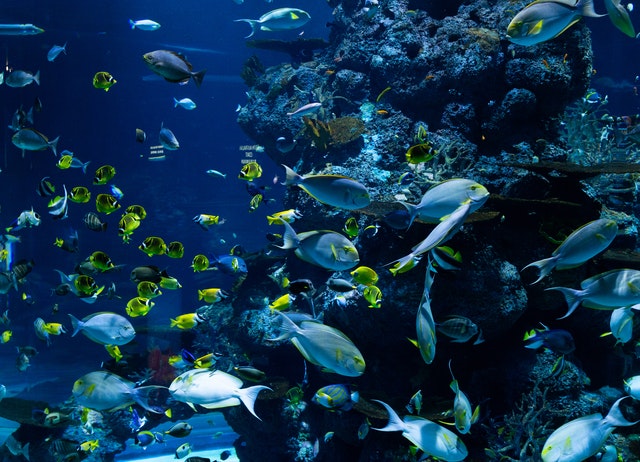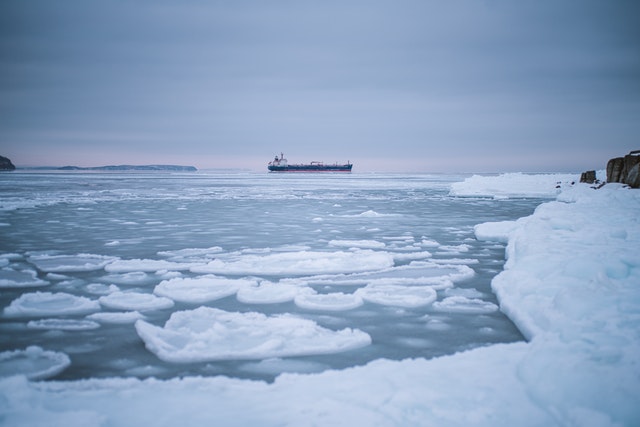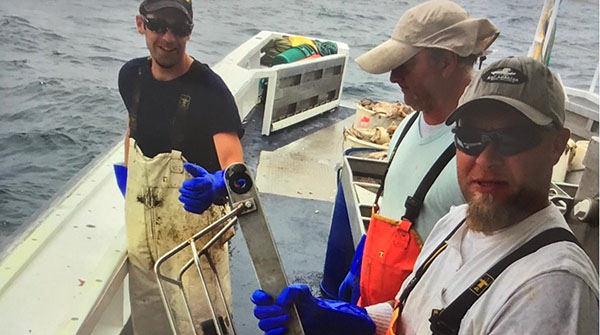Bycatch and protected fishing areas also identified as key topics for sustainably managing fisheries

Global warming is a key difficulty in sustainably managing European fisheries in the future, according to a comprehensive survey conducted by the EU-funded EcoScope Project. The study explored what EU fishery stakeholders perceived as the biggest challenges in sustainably managing European fisheries in the years to come.
According to the findings, 72.2 percent of those surveyed identified global warming as a major barrier to sustainably managing fisheries. This was followed by bycatch and protected areas and fisheries restricted areas, (50 percent each) in terms of managing fisheries sustainably in the ecosystem context.
Biodiversity indicators came in as the fourth most important topic (44 percent) while trade-offs between different uses of marine and coastal areas and species distribution were fifth at 33.3 percent.
“The data provided from this survey will be evaluated and implemented by EcoScope, to fine-tune the accuracy of their marine policy scenarios, and spatial planning simulations amongst many other complex models and techniques,” said Associate Professor Athanassios Tsikliras, EcoScope project coordinator at the Aristotle University of Thessaloniki, Greece.
The survey was conducted to formulate an accurate understanding of fisheries stakeholders’ main needs, challenges and possible obstacles. EcoScope aims to develop a series of e-tools that can be easily used by stakeholders as a decision support system to implement an ecosystem-based fisheries management (EBFM).
“EcoScope Project is well-positioned to address many of the key concerns and needs reported in this survey,” said Tsikliras. “The insights obtained are highly valuable for the development of the EcoScope e-tools and the project will continue to engage with stakeholders to ensure the final tools address stakeholders’ needs.”
Stakeholders were invited to answer the questionnaire, formulated by EcoScope partner The European Marine Board, based on their relevance for EBFM at the European level. They included a well-balanced cross-section of members including scientific advisory bodies, management, regulatory bodies, policymakers and NGOs.
Follow the Advocate on Twitter @GSA_Advocate
Now that you've reached the end of the article ...
… please consider supporting GSA’s mission to advance responsible seafood practices through education, advocacy and third-party assurances. The Advocate aims to document the evolution of responsible seafood practices and share the expansive knowledge of our vast network of contributors.
By becoming a Global Seafood Alliance member, you’re ensuring that all of the pre-competitive work we do through member benefits, resources and events can continue. Individual membership costs just $50 a year.
Not a GSA member? Join us.
Author
Tagged With
Related Posts

Health & Welfare
With warming waters, will fish suffer from oxygen deprivation?
A new study has found that larger fishes are more likely to experience oxygen deficiency in warming water than smaller species.

Responsibility
Could changing Arctic sea ice in the Bering Sea impact seafood?
A new study suggests that the freezing and melting of Arctic sea ice heavily impacts the marine primary productivity in the Bering Sea.

Responsibility
Are mid-depth waters off the United States East Coast getting saltier from ocean warming?
A new study indicates that mid-depth waters off the United States East Coast are getting saltier, possibly due to ocean warming caused by climate change.

Fisheries
Scientists warn about climate change effects on fisheries and agriculture in tropical coastal communities
A new study is warning about the effects of climate change on fishing and agriculture in tropical coastal communities.



